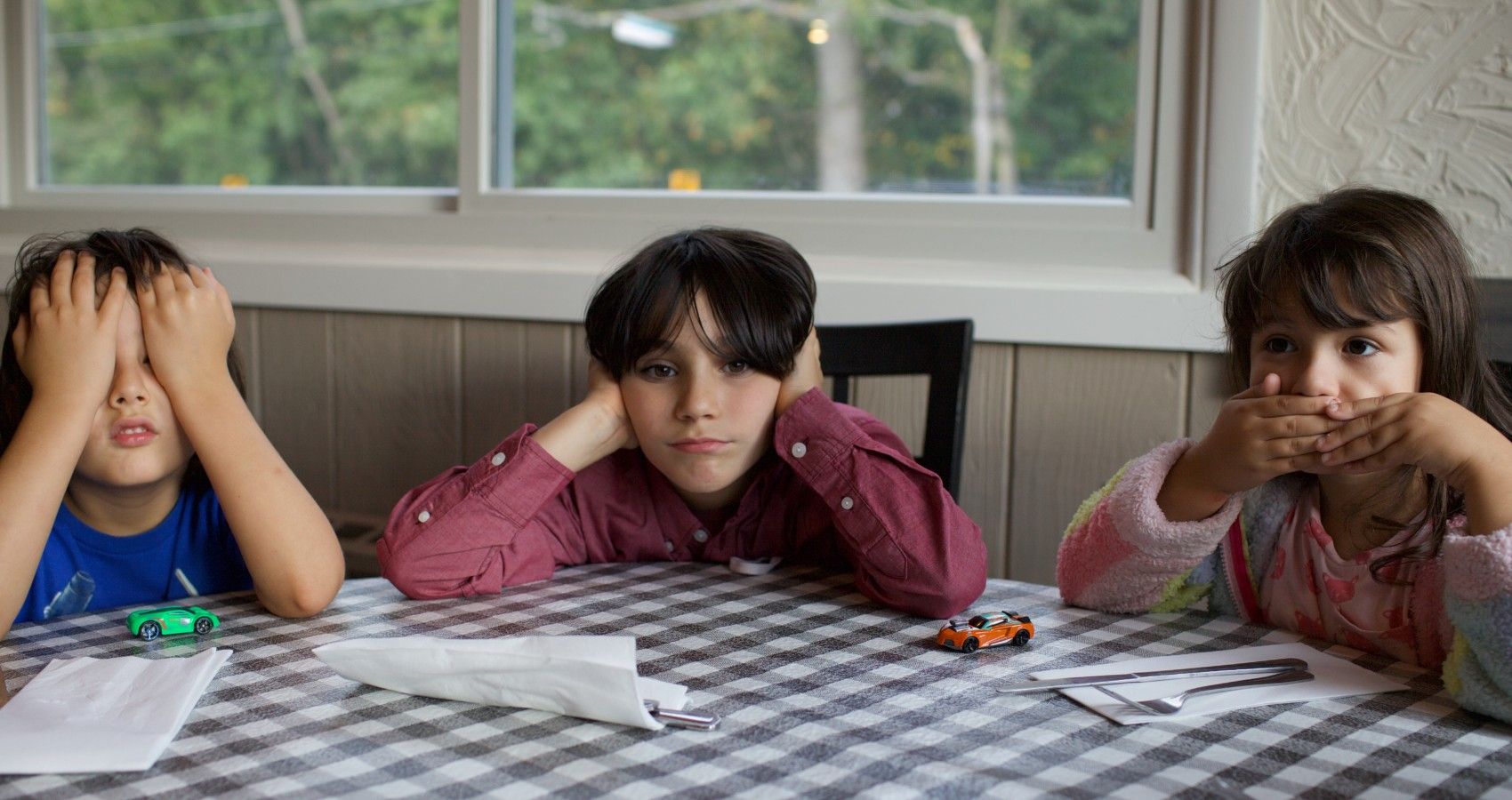I will teach my child to push another child, and I am not sorry about it. I realize that this sounds harsh, but there are a lot of other factors that I will need to explain before everyone accuses me of raising a bully. See, I am not talking about my child being a bully, but I am talking about my child being able to stand up for themselves if they need to. This pertains to the schoolyard, in the class or at the local playground.
When it comes to violent behavior, everyone is always so quick to say that children should never be violent, and I agree with that. We have also seen violence among children evolve over decades. When my father was in school, fighting was the norm, and it was not the big event that it is now. Sure, children got in trouble for fighting, but schoolyard fights would break out, and discipline would be handed out, and that was it. It is taken much more seriously now, and while that is a good thing, who is it really protecting?
My children are still relatively young, and I only have one who is in school, and she is in senior kindergarten. This means that I know that my experience with bullying is limited and pretty much non-existent. My daughter is yet to experience a bully or a major situation that would warrant my philosophy, but since I know I am about to have a long journey with three children going through a school system, these are things that I have thought about.
My philosophy on dealing with a bully is always going to be to use your words first. It is always appropriate to express how someone’s actions make you feel and to ask them to stop. This is setting up boundaries, which is important for children to learn, and it is a skill that will do them well for the rest of their lives. If that doesn’t work, the next step will always be to go to a teacher or an adult. Recognizing when you need help is never a bad thing and not a sign of weakness. As an adult, we always need to realize when we need help and not feel shame for asking for help.
However, if this is a situation that is persistent, and doesn’t seem to be stopping, my child will know that they can protect themselves if necessary. If the bullying continues, and another child puts their hands on my child, my child has full rights to push a child back and defend themselves. This stems from when I was a child, and what I was taught. I was always taught that if I needed to defend myself with violence, then I was allowed to. This didn’t mean that I could turn into a bully, and go and push another child for no reason, but I was able to use whatever means necessary to protect my body and get another child off me if I should need to.
I still remember the conversations I had with my father, because even retaliation gets punished, and this was usually in the form of a suspension. My father always told me that if I ever got suspended from school for “violence,” but it turned out that I did not throw the first hit and that I was only defending myself, I would not be punished at home. I would face no consequences of my parents. Luckily, this never happened to me, but I remember it happening to my brother. He had to defend himself against a student who was attacking him, and instead of punishment at home, he got treated to ice cream.
I know there are probably parents out there who don’t agree with me when it comes to this, parents who think that two acts of violence don’t make it right. However, it is not about making it right. It is about my child knowing that their body is theirs to protect, and if another child is hitting, pushing, kicking, or doing anything to them that they do not want, they have my permission to make sure that child is removed from them. Teaching my child to defend themselves is something that will help them in the future, and it will give them the confidence to say no, to tell someone what they don’t like, and to respond appropriately when their boundaries are not respected. Is this always going to be with acts of violence? No, but defending oneself is not an example of my child being “violent.”

